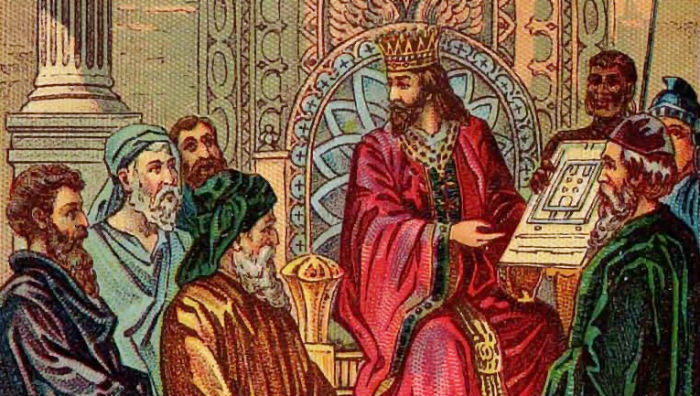Isaiah 66:22-24.
22 For as the new heavens and the new earth, which I will make, shall remain before Me, saith the Lord, so shall your seed and your name remain.
23 And it shall come to pass, that from one new moon to another, and from one sabbath to another, shall all flesh come to worship before Me, saith the Lord.
24 And they shall go forth, and look upon the carcasses of the men that have transgressed against Me: for their worm shall not die, neither shall their fire be quenched; and they shall be an abhorring unto all flesh.

We do have some descriptions in God’s Word as to what the new heaven and the new earth will look like, but I really don’t think we have any concept of what they will be like. I think it will be wonderful, beyond any concept of man. A place ruled by perfect good, where Satan has no influence, is hard for us to imagine.
God says this new heaven and new earth will be eternal, and so will His people, the Israelites and their seed remain.
Verse 23 would seem to suggest worship on sabbaths, or rest days on the new earth.
All nations will continue in the new earth, the people will have natural bodies and carry on the original program God planned for man–multiplying and replenishing the earth forever.
There seems to be, here, two classes of mankind: Natural men–subjects of the Kingdom; and resurrected men–rulers of the Kingdom.
The natural men will be people who continue to live from the tribulation time into the Millennium and then into the new earth period–and their descendants. They will be the saints of Rev. 20: 7-10; and they will multiply forever.
Resurrected mankind will be those who have been redeemed from all generations, from Adam to the Millennium, and who will have part in the first resurrection. They will be the kings and priests or rulers of natural men on the earth.
All flesh (natural men) on the earth will be permitted to look into eternal hell, at certain openings, and see the punishment of rebels forever as a perpetual warning against sin and transgression. The carcasses here are the bodies of men in eternal hell which will never be destroyed–bodies that will have been resurrected to immortality or deathlessness so that they may be punished for deeds done in the body before death. These eternal bodies in hell are considered dead carcasses because of being without the life of God given to the resurrected saints.
And so we have come to the end of this amazing book. It’s been nearly three years since I started, never realizing how long it would be. I have been personally blessed and encouraged by this study, and I hope you have to. Even if you haven’t been with me from the very first, I hope you are impressed with the scope and incredible grandeur we’ve seen in Isaiah; and that it will encourage you to dig into the study of the scripture yourself. I make no claim to perfection in my work. I have done the best I can with the resources I have, but you need to study out some things for yourselves, and I hope you will.









